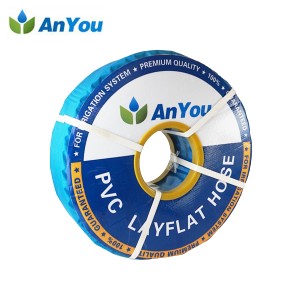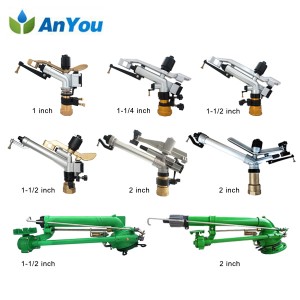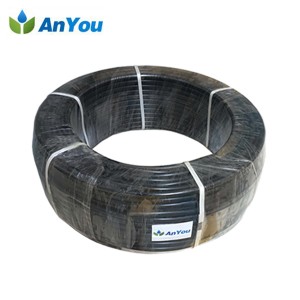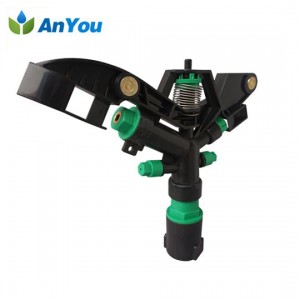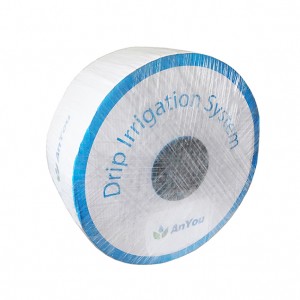State Council Poverty Alleviation Office, Ministry of Water Resources and other special inspections on poverty alleviation
According to the WeChat public account of the State Commission for Discipline Inspection of the Central Commission for Discipline Inspection, on May 16, the State Council’s Poverty Alleviation Office, Inner Mongolia, and the Ministry of Water Resources announced the rectification of special measures for poverty alleviation.
According to the central unified deployment, from October to November 2018, the second round of the 19th Central Committee visited Inner Mongolia, Jilin, Anhui, Jiangxi, Hubei, Guangxi, Chongqing, Yunnan, Tibet, Shaanxi, Gansu, Qinghai, Xinjiang, and the country. And the Reform Commission, the Ministry of Education, the Ministry of Civil Affairs, the Ministry of Finance, the Ministry of Human Resources and Social Security, the Ministry of Housing and Urban-Rural Development, the Ministry of Transport, the Ministry of Water Resources, the Ministry of Agriculture and Rural Affairs, the National Health and Health Commission, the State Council Leading Group for Poverty Alleviation and Development, China 26 local and unit party organizations such as the Agricultural Development Bank and the Agricultural Bank of China carried out special inspections on poverty alleviation.
From May 16th, the website of the State Commission for Discipline Inspection of the Central Commission for Discipline Inspection will successively announce the progress of the special inspection and improvement of the central poverty alleviation.
State Council Poverty Alleviation Office: Continue to strengthen the work style of poverty alleviation
The “Notice of the Party Group of the Leading Group Office of the Leading Group for Poverty Alleviation and Development of the State Council on the Poverty Alleviation Special Inspection and Improvement Exhibition” released on May 16 showed that the Party Group of the State Council Poverty Alleviation Office continued to strengthen the work style in poverty alleviation and made the following rectification work.
First, earnestly implement the implementation of the Circular of the Central Office on Solving the Problem of Formalism and Reducing the Burden of Grassroots. The State Council’s Office of Poverty Alleviation is required to take the lead and do a good example.
The second is to deepen the special governance of work style construction in poverty alleviation, and focus on solving outstanding problems such as insufficient political station, inadequate implementation of responsibility, inaccurate work measures, unregulated use of fund project management, unreliable work style, and inadequate supervision and supervision. The result of style management.
The third is to standardize the assessment and assessment, integrate the provincial party committee and government poverty alleviation and development effectiveness assessment, the coordination assessment of the poverty alleviation between the east and the west, and the poverty alleviation assessment of the central unit, and integrate it into the effectiveness assessment of poverty alleviation, and guide and urge the local governments to integrate the provincial and following poverty alleviation assessments. Solve problems such as multi-head assessment, ride assessment, and repeated inspections.
Fourth, reduce the number of reports at the grassroots level. Except for the unified deployment of the information on the establishment of the card information system, no unit or department may require the village level to report poverty alleviation data for any reason, and effectively reduce the burden at the grassroots level.
The fifth is to conduct regular interviews. Strengthen the supervision of unannounced visits, find problems in time, and talk at any time and correct them at any time.
The sixth is to increase the public exposure of typical cases. In the typical cases of serious and influential formalism bureaucratic issues, serious investigations and serious accountability. Timely exposure of typical cases, play a warning role, so that cadres at all levels can learn lessons and take precautions.
Inner Mongolia: Accurately select the cadres of villages in poverty
The “Notice of the Inner Mongolia Autonomous Region Committee on the Special Inspection and Improvement Exhibition on Poverty Alleviation” issued on May 16th shows that the Inner Mongolia Autonomous Region Party Committee has made efforts to solve the problem of the inaccurate selection of the resident team and the unreasonable work style of the poverty alleviation cadres, and has done the following rectification work.
First, comprehensively sort out the work team and the first secretary of the village poverty-stricken village in the whole district, and find out the situation of the selection of cadres, and timely adjust and replace those that do not meet the requirements. Up to now, 80 Mongolian populations have been adjusted to the poverty-stricken villages, and the Mongolian and Han cadres have been adjusted. The first secretary of the poverty-stricken village of 22 villages without rural pastoral areas has been adjusted due to health and incompetence. 327 people were stationed in the village cadres due to reasons such as unsuitability, and they were selected on demand and accurately selected.
The second is to formulate and implement the management methods for resident cadres, and guide the party committee and government of Qixian County to earnestly perform their management duties, and further strengthen the daily management of poverty alleviation cadres from the aspects of accommodation and accommodation, attendance, and discipline. Give play to the role of the Poverty-stricken County County Poverty Alleviation Task Force, strengthen the supervision and supervision of the resident team, irregularly check the on-the-job and performance of duties, and promote the work style of poverty alleviation cadres. Strengthen the supervision and management of the 57 autonomous regions stationed in the poverty-stricken county work corps, and organize the completion of the 2018 annual assessment. The next step is to prioritize the use of outstanding achievements, mass recognition, and compliance.
The third is to instruct the Tongliao Municipal Party Committee to carry out serious rectification on the issue of the Kulunqi Poverty Alleviation Association, and strictly strengthen the management constraints of the poverty alleviation package cadres. Coulomb Banner carried out special rectification, further serious work discipline, and conducted collective interviews with 102 principals of various Sumu townships (fields) and departmental units, and 6 units of “zero sign-in” for Baolian cadres, and the supervision was not in place. A Sumu township (field) made a notice of criticism and conducted special training on the 1,320 resident cadres and cadres of the 186 villages in the whole village. Formulate the “Administrative Measures for Responsible Persons of Poverty-stricken Households in Inner Mongolia Autonomous Region”, further standardize the management of poverty alleviation and cadres, perform duties, evaluate rewards and punishments, etc., and promote the performance of the cadres of the cadres to perform their duties seriously.
Fourth, adhere to the combination of strict management and love, encouragement and restraint, implement the life insurance system for resident cadres, the first secretary’s personal accident insurance, physical examination, etc., strengthen the political incentives for frontline cadres of poverty alleviation, and further create advocating hard work, courage and responsibility. Encouraging positive incentive atmosphere. Since the beginning of this year, 258 village cadres have been promoted, including 151 first secretary.
Ministry of Water Resources: Ensuring the safety of drinking water for the poor.
The “Circular of the Party Group of the Ministry of Water Resources on the Poverty-rehabilitation Special Inspection and Improvement Exhibition” released on May 16th showed that the Party Group of the Ministry of Water Resources focused on solving the problem of combining the functional responsibilities to promote the work of water conservancy and poverty alleviation, and made the following rectification work.
First, the State Council’s Poverty Alleviation Office will organize the comprehensive approval of the number of poor people who have drinking water safety issues, and timely update and improve the national poverty alleviation and development information system. At present, the Ministry of Water Resources has prepared a work plan to speed up the resolution of rural drinking water safety issues, establish an electronic work desk account from the county to the village to the household, implement dynamic management, and urge all localities to solve a sales number to ensure that before the end of June 2020 All solve the problem of drinking water safety for the poor.
Second, actively coordinate the relevant ministries and commissions to increase the scale of maintenance and conservation funds for water conservancy projects. In 2019, the central government’s water conservancy development funds plan to arrange maintenance and maintenance expenditures for water conservancy projects in the central and western regions to increase by 48.9% compared with 2018.
The third is to carefully sort out the situation of water and soil loss in the poverty-stricken counties and the central government investment arrangements, coordinate the relevant ministries and commissions to implement the remaining investment in the 13th Five-Year Plan for Soil and Water Conservation, and convene a special meeting to clearly delineate the specific requirements of the central government’s investment in poverty-stricken areas. Implement central investment in planning water and soil erosion management tasks in poverty-stricken areas.
Fourth, organize third-party evaluation agencies to submit the mid-term evaluation results and recommendations of the “13th Five-Year Plan for National Water Conservancy and Poverty Alleviation”, fully consider the ecological and environmental protection requirements, local financial resources, construction capacity and other factors, scientifically and reasonably determine the two after the “Thirteenth Five-Year Plan”. In the year of construction tasks, the study put forward the optimization opinions on the development goals of the “13th Five-Year Plan” for rural small hydropower poverty alleviation projects.
Post time: 24-05-2019

